
While the European Commission initially announced that it was putting its entire Palestinian development portfolio under review, it soon re-evaluated its decision, stating that it remains committed to preventing any misuse of aid funds, but also recognizes the importance of humanitarian aid in providing essential services to those in need.
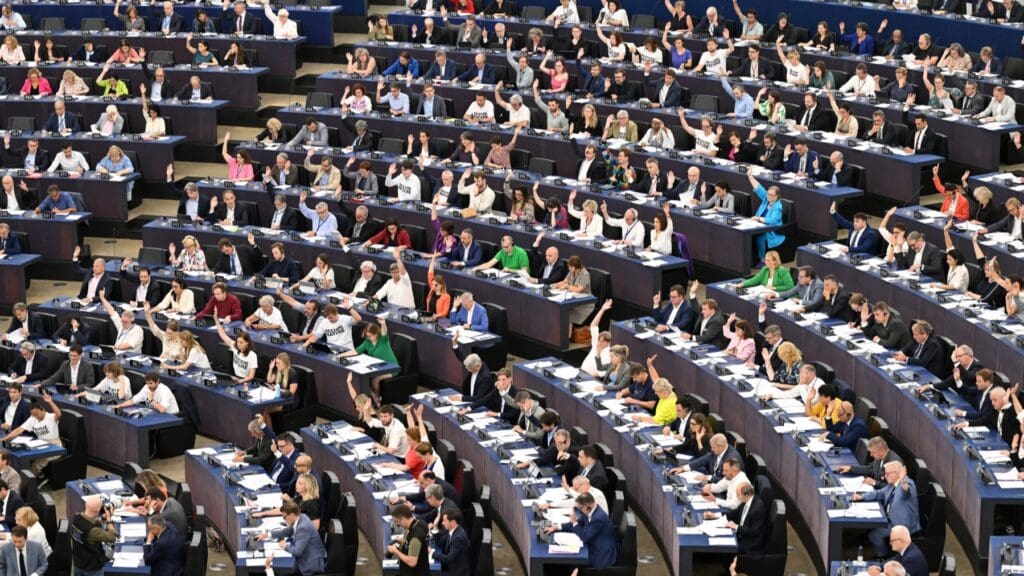
People increasingly feel that liberal and left-wing politicians, hand in hand with the Brussels bureaucracy, have become detached from reality, and are unable to provide relevant answers to the everyday problems of citizens.

The incompetence of the European Commission has caused enormous damage to the European farmer society. The huge quantity and uncontrolled flow of low-quality Ukrainian grain into the EU may even challenge the integrity of the common market.
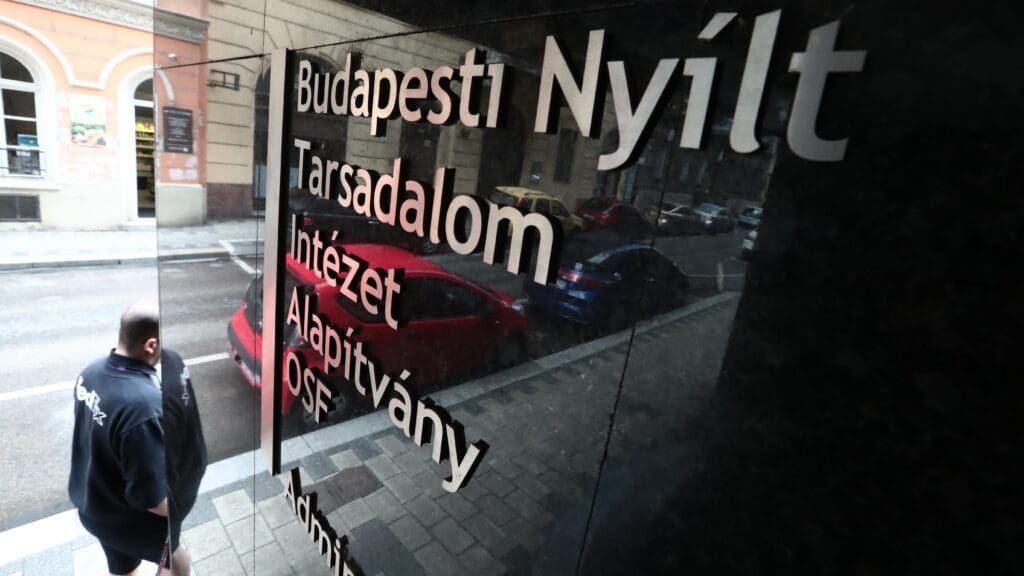
OSF pulling out of the continent is good news for sovereigntist governments, but it may be too early to rejoice.

‘Thanks to their huge user base, the largest social media sites have become unavoidable power factors, having enormous potential to influence public thinking. They can determine who, how and what can say, although this is done mostly indirectly, through business-interests- driven algorithms. Yielding to the pressure of progressive and woke ideologues, most service providers also develop principles of behaviour expected on their platform, and those who allegedly do not conform can be cancelled.’

It could be rightly expected that the interpretation of law in the EU be guided by the foundations of European civilisation, namely morality embedded in Judeo-Christian culture. This morality is summed up in the Cain–Abel paradigm, which can inform the understanding of European justice systems when deciding how European laws should be applied or modified in the interest of Europe.

Although it is perfectly legitimate to suggest that the noise pollution caused by the huge number of vehicles passing through his town needs to be addressed, the solution is not to penalise those who cross the border. Possible, more constructive solutions may include the improvement of the community transport infrastructure at local level or the opening of new crossing points so that those wishing to enter Austria are distributed more proportionately.

While Hungary has been declared to be the rule of law black sheep not only of the Carpathian Basin, but of the whole of Europe, Brussels has in fact found plenty of issues with other Members States as well in its annual report — only those are never highlighted by the EU bureaucracy or the mainstream media.
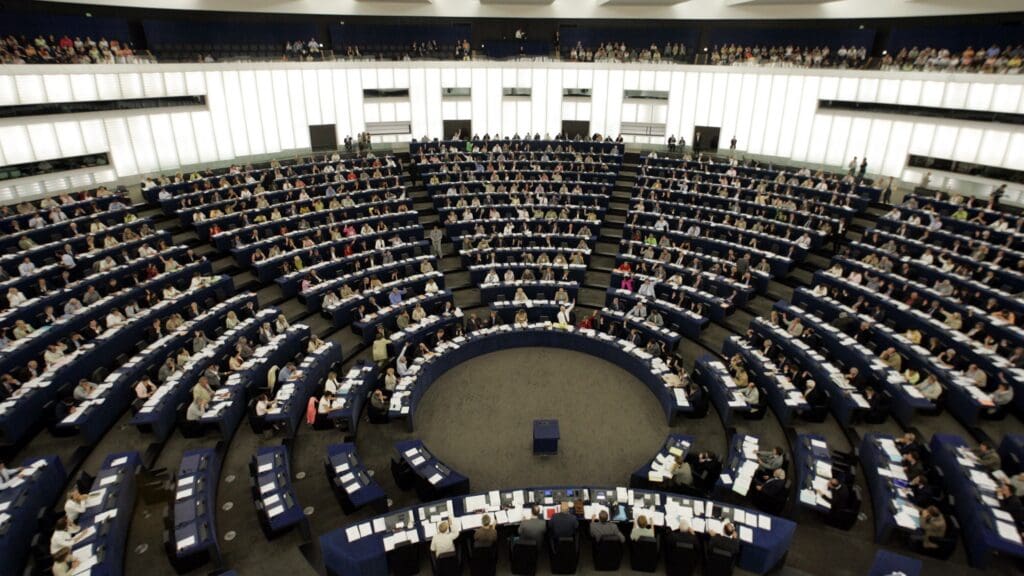
The current system involves separate national elections with varying rules and representation. The proposed changes aim to create a single European election, but critics argue that it would diminish the role of member states and distance voters from politicians. The majority of member states oppose the reforms.

It appears that the European Commission and the European Court of Justice work hand in hand to move the union in the direction of a federal state. In fact, rarely does the Court rule in favour of a member state when the Commission initiates a lawsuit against it in connection with the exercise of powers affecting national sovereignty.
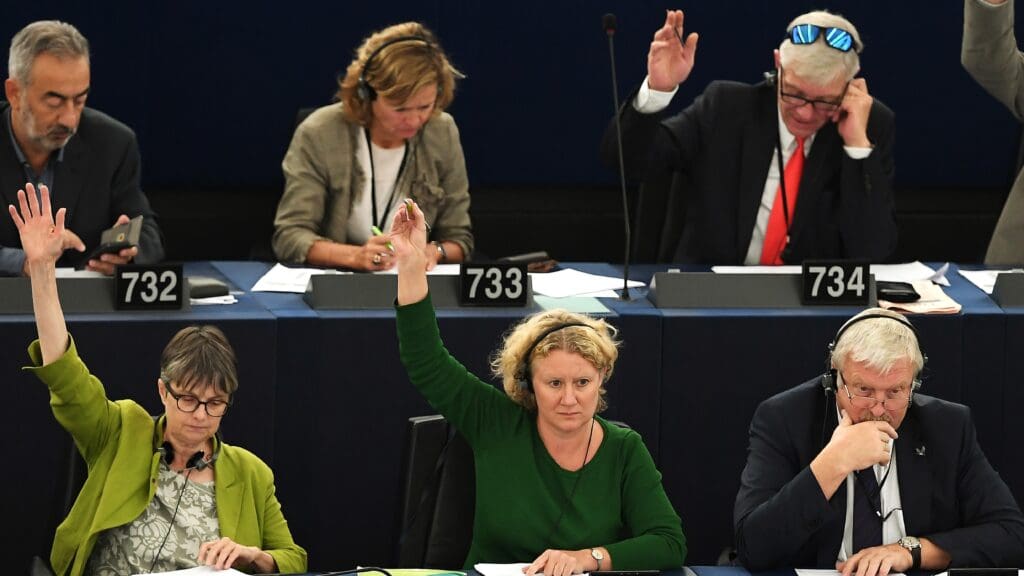
The European Parliament is trying to do everything in its power to politicise and ideologise the disagreements between the EU institutions and the Hungarian government. The MEPs attacking Hungary seem to be forgetting what the role assigned to them in the treaties is, and instead of fulfilling their role of EU co-legislators, they pretend that they are sitting on the opposition benches of the Hungarian parliament.

Based on the above formulation, some have already suggested that there is actually no mandatory migrant quota, as states can decide for themselves how they show solidarity with other member states, so the claim to the contrary is just another Hungarian government talking point. Of course, it is possible that a Member State does not have to accept immigrants into the country in a physical sense, but in this case renitent countries must compensate for their recalcitrance with heavy sums of money or other material expenditures.
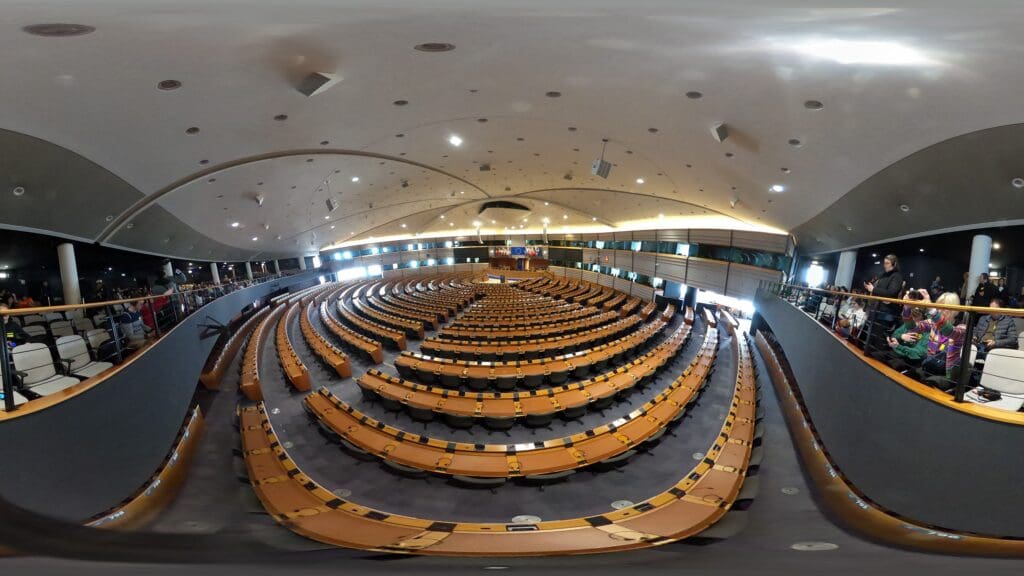
It can be clearly stated that over the past years, the current majority of the European Parliament has not shied away from using the tools provided to it by the treaties to assert its political will, and one of the results of its activism has been that the debate with the Commission on the rule of law in Hungary has shifted to a political-ideological level.
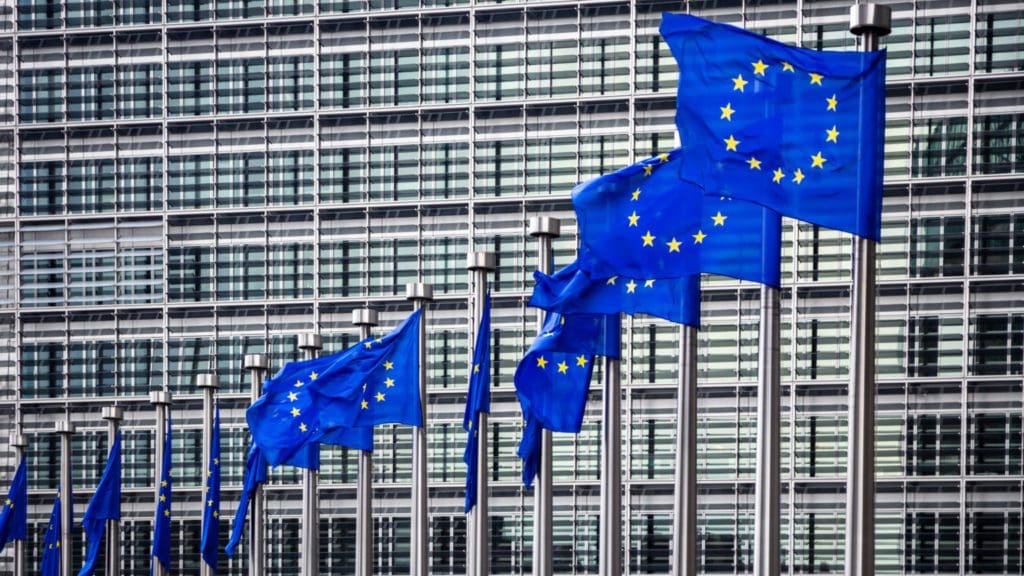
Changing decision-making in areas crucial to state sovereignty would create a specific system of majority tyranny where, although it would be easier to adopt a Council position and bring together a majority of votes, political divisions would be further deepened and the democratic functioning and legitimacy of the Union as an institution would be undermined, and the long-term consequences of this would be unforeseeable in today’s already uncertain times of crisis.